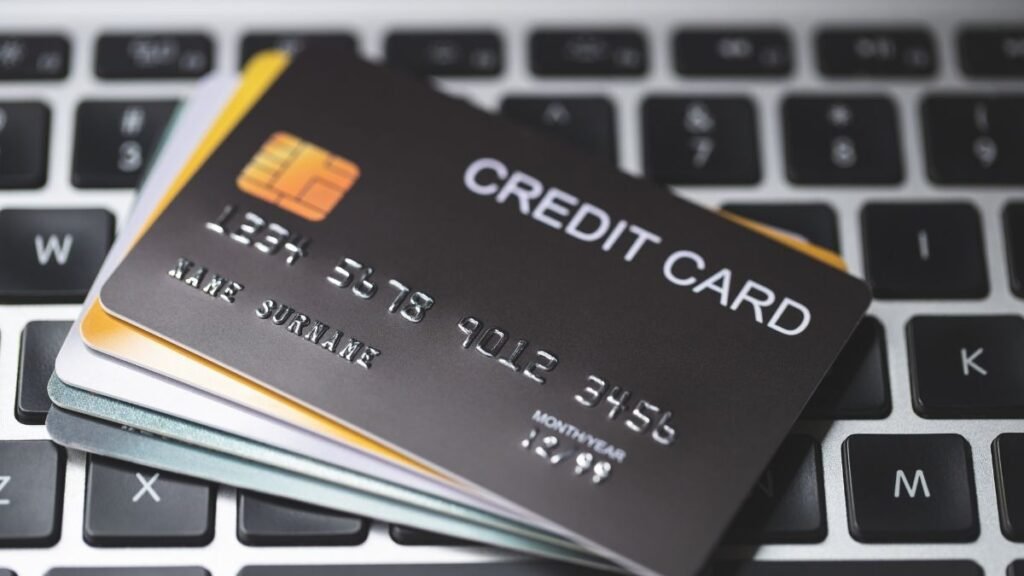On Tuesday, the Consumer Financial Protection Bureau introduced a new rule limiting the credit card late fees that banks can charge customers to $8 per incident.
The New CFPB Rule
The new CFPB rule that reduces the credit card late fees to $8 from an average of about $32 would save over 45 million card users about $220 each year.
The new CFPB rule, which was expected to be introduced after an initial proposal last year, has come after the CFPB reviewed market data related to the 2009 Card Act. Regulations from that law allowed card issuers to charge higher credit card late fees over time, however much they wanted.
Rohit Chopra, Director of CFPB, said that the credit card companies have been taking advantage of a loophole for more than ten years, resulting in them making billions from unnecessary fees on American consumers.
He added that this new CFPB rule puts an end to the practice of big credit card companies using inflation as an excuse to raise fees and increase their profits.
The move to introduce this new CFPB rule is part of President Joe Biden’s fight against unnecessary fees.
The big banks or the big corporations that lend out the credit cards have been increasing late penalty costs since 2010 resulting in the total coming to over $14 billion in 2022, according to the press release published by the CFPB.
Chopra said that the customers who have low credit scores right now pay an average of $138 credit card late fees per card every year.
The new CFPB rule that is being introduced will apply to corporations that issue credit cards with at least 1 million open accounts and will also stop any automatic inflation adjustments on late fees which has been done until now.
According to the CFPB, the new CFPB rule allows changes to happen to the fee for covering collection costs, and card issuers can charge higher fees if they can prove the need. However, this rule does not directly affect the interest rates.
The new CFPB rule was said to be inefficient, according to an industry group that believes that this move could lead to higher interest rates and less available credit for many card users.
The group also questioned the process of issuing the rule however, the CFPB has stated that Congress authorized it to implement the Card Act.
Consumer Bankers Association head Lindsey Johnson said the CFPB rule seems to focus more on redistributing rather than protecting consumers, which it is supposed to do. Johnson also added that the CFPB was prioritizing headlines over proper legal processes.
The American Bankers Association mentioned that they are looking for ways to push back against the new CFPB rule. Republican Senator Tim Scott from South Carolina even said that he would use the Congressional Review Act to go against the implementation of the late fee cap.
However, the CFPB has said that the new rule will take effect 60 days after it’s published in the Federal Register.
Credit Card Late Fees Cap: A Good or Bad Decision?
Matt Schulz, chief credit analyst at financial products comparison site LendingTree, said that banks might increase their other fees to make up for the lost revenue because of the new CFPB rule. He added that some fees, like the balance transfer fees, have already been increasing, which could speed up that trend.
Jim Nussle, Head of Nonprofit Advocate Group America’s Credit Union, said that even people using nonprofit credit unions instead of big banks might be affected. He added that credit unions might find it hard to manage risks linked to their credit card programs.
He said that this could lead to higher costs for all cardholders or the end of credit card programs for those with lower credit scores, reducing credit availability.
He added that the low fee which is almost the price of a Big Mac and a large Coke will not stop people from deterring their late bill payments, leading to many people being trapped in debt cycles.
John Jones, a financial advisor at Heritage Financial, said that even with lower late fees, large companies can still accumulate if payments are missed. He added that late credit card payments will still hurt an individual’s credit score, which can be costly in the future.
Read Also:
Goldman Sachs Strategists See Potential for the Stock Market Rally to Expand
What to Know This Week: Fed’s Preferred Inflation Measure to Impact Record High Stocks
Fed Governor Christopher Waller Emphasizes Patience on Rate Cuts After Prices Rise
